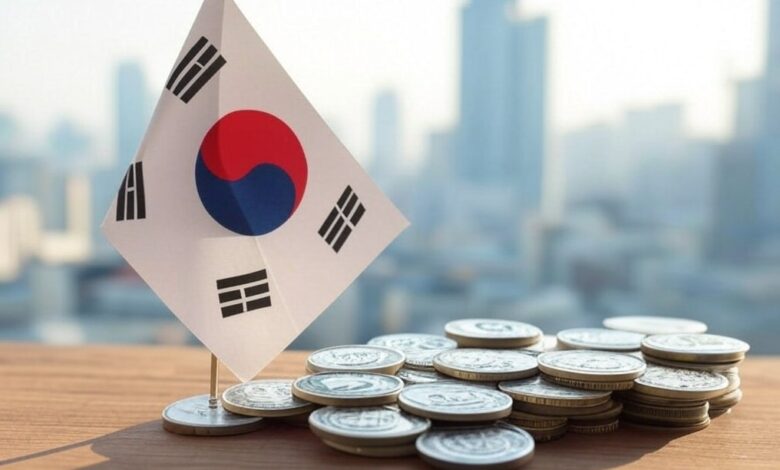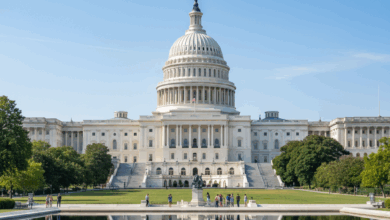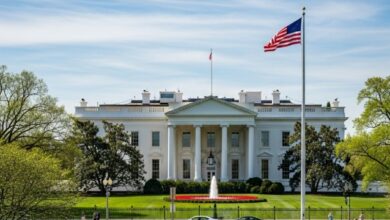South Korea’s Ruling and Opposition Parties Clash Over Stablecoin Regulation

In a sign of the growing importance of digital assets to South Korea’s economy, the country’s ruling and opposition parties have introduced competing legislative proposals aimed at regulating stablecoins.
This development has set the stage for a new policy showdown over how best to oversee these fast-growing instruments, as South Korea seeks to solidify its status as a global digital currency hub.
On one side, opposition Democratic Party lawmaker Ahn Do-gyu has submitted a comprehensive bill focused on regulating won-backed stablecoins. The proposal includes strict requirements such as a ban on interest payments, capital requirements, and full asset backing with highly liquid reserves.
On the other hand, Kim Eun-hye, a lawmaker from the ruling People Power Party, introduced a competing bill that omits any reference to such a ban, reflecting a markedly different regulatory philosophy that favors flexibility and innovation.
Despite the divergence in approach, both bills would empower South Korea’s financial regulators with emergency authority and grant the Bank of Korea the right to request data and conduct inspections in support of monetary policy.
Stablecoin regulation is increasingly seen as critical in South Korea, where these digital assets are praised for offering fast, low-cost payment solutions. “Regulating stablecoins in Korea requires a balanced approach, one that combines necessary government oversight with space for private sector innovation,” said Rich O., Asia-Pacific regional director at hardware wallet provider OneKey, in comments to Decrypt.
“While regulatory oversight is crucial for monetary sovereignty, consumer protection, and systemic risk management,” he added, “excessive restrictions could undermine Korea’s competitiveness in the global digital asset market.”
Ahn’s proposal adopts a stricter stance. It requires stablecoin issuers to obtain prior approval from the Financial Services Commission and to hold a minimum capital reserve of 5 billion Korean won (approximately $3.6 million). The legislation is based on internal discussions within the Democratic Party’s Future Economic Growth Strategy Committee and reflects campaign pledges made by President Lee.
The bill also mandates that all tokens be fully backed by high-liquidity assets and explicitly bans interest payments, measures intended to reduce financial risk and prevent speculative lending.
By contrast, Kim Eun-hye’s proposal emphasizes broad disclosure and licensing requirements. It obliges issuers to publish whitepapers and detailed product descriptions but avoids tackling the issue of interest payments. This omission may signal an effort to grant the private sector more room to innovate.
According to the legislative text, the bill aims to “promote innovation in digital asset payments” and “enhance trust in the digital market.”
The Democratic Party’s proposal goes further by requiring 100% backing in cash or cash equivalents, such as government and municipal bonds. In the event of insolvency, the law stipulates that reserve assets must be used to repay users within three business days and cannot be confiscated or pledged as collateral.
With debates heating up in the National Assembly, South Korea’s approach to stablecoin regulation could set a precedent in Asia and beyond, balancing risk, control, and innovation in an evolving financial landscape.





